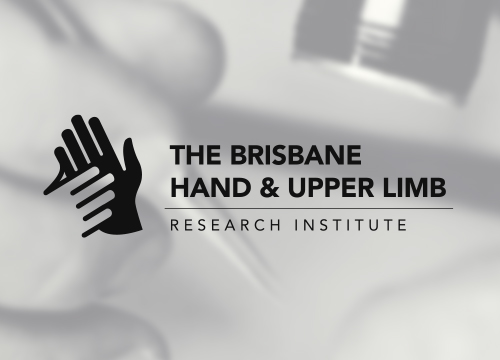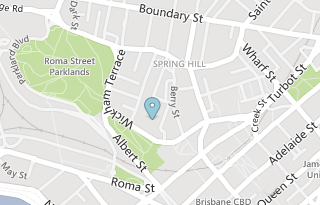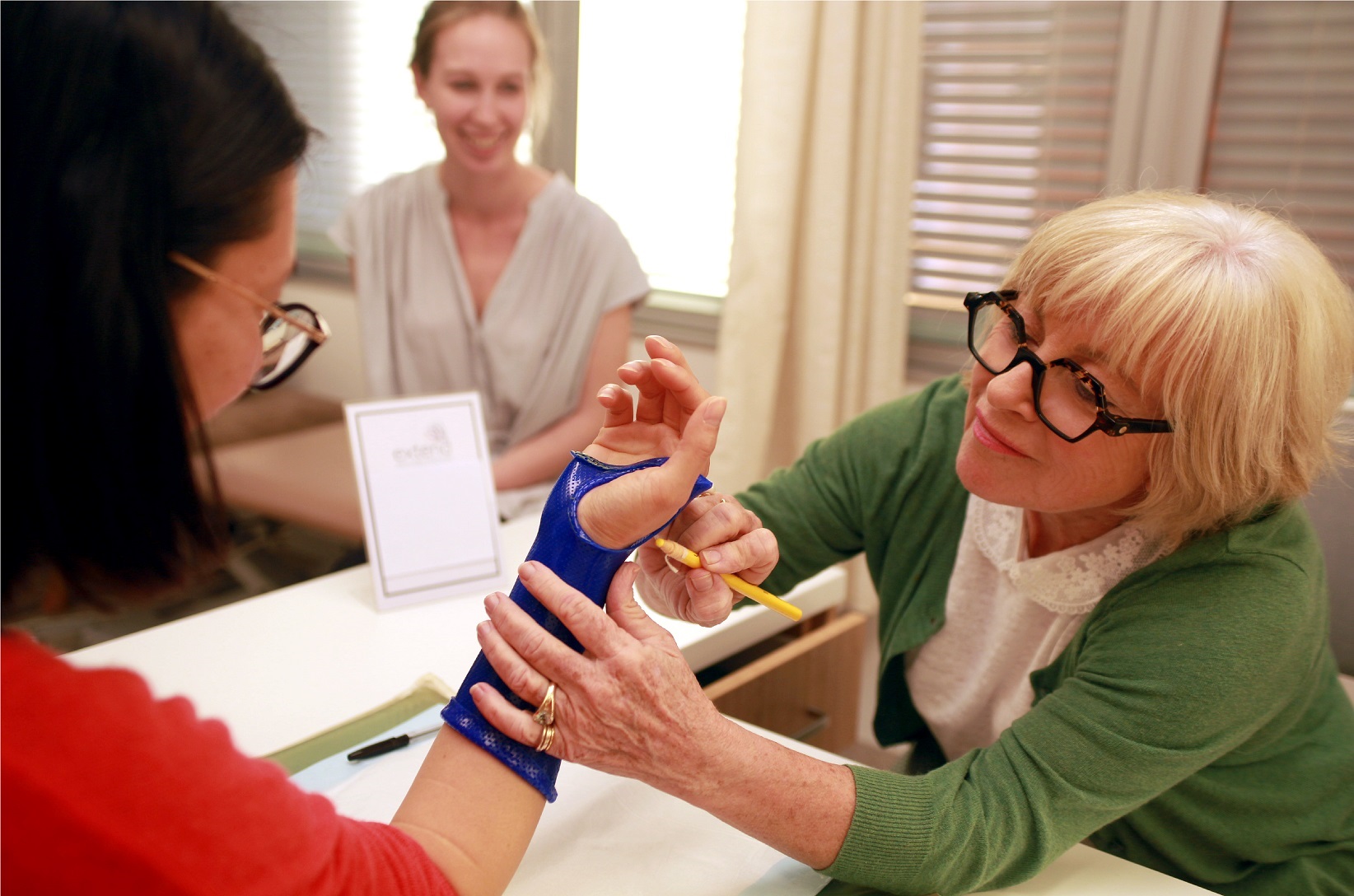Gregory Couzens, Susan Peters, Mark Ross, Phillip Cheras
Distal radius fractures are among the most common fractures seen in the hospital emergency department. Historically these patients are managed either conservatively or surgically. Some surgical techniques have been associated with high complication rates and poor clinical and radiological outcomes. In recent years with the advent of low profile plating, open reduction and internal fixation (ORIF) using volar plates has become the surgical treatment of choice in many hospitals. However, it is currently unknown which plating systems have better clinical and radiological outcomes following surgery, and also the lowest complication rates. Few studies have compared different types of plates, which may have different plate and screw designs, features or may be manufactured from different materials (for example, stainless steel or titanium). This study will specifically investigate and compare the clinical and radiological outcomes of two commonly used volar plating systems for fixation of distal radius fractures: one made from stainless steel and the other made from titanium. This study will use a randomised double blind (participant and outcome assessor) clinical trial method to compare the effectiveness of stainless steel versus titanium volar plates used to surgically correct distal radius fractures in an adult population. A suite of outcome measures recommended for this patient group will be used. These measures include an assessment of range of movement, strength, function (QuickDASH and Patient Rated Wrist Evaluation), pain, complications, quality of life, Radiological outcome (X-Ray) and patient satisfaction. These outcomes will be administered by a blinded assessor at seven time points: baseline, 2 weeks, 6 weeks, 3 months, 6 months, 1 year, and 2 years.
Data collection for this study has commenced. Recruitment of participants is anticipated to take 12 months. Study completion is expected by December 2016. The full protocol for this study has been published in BMC Musculoskeletal.




